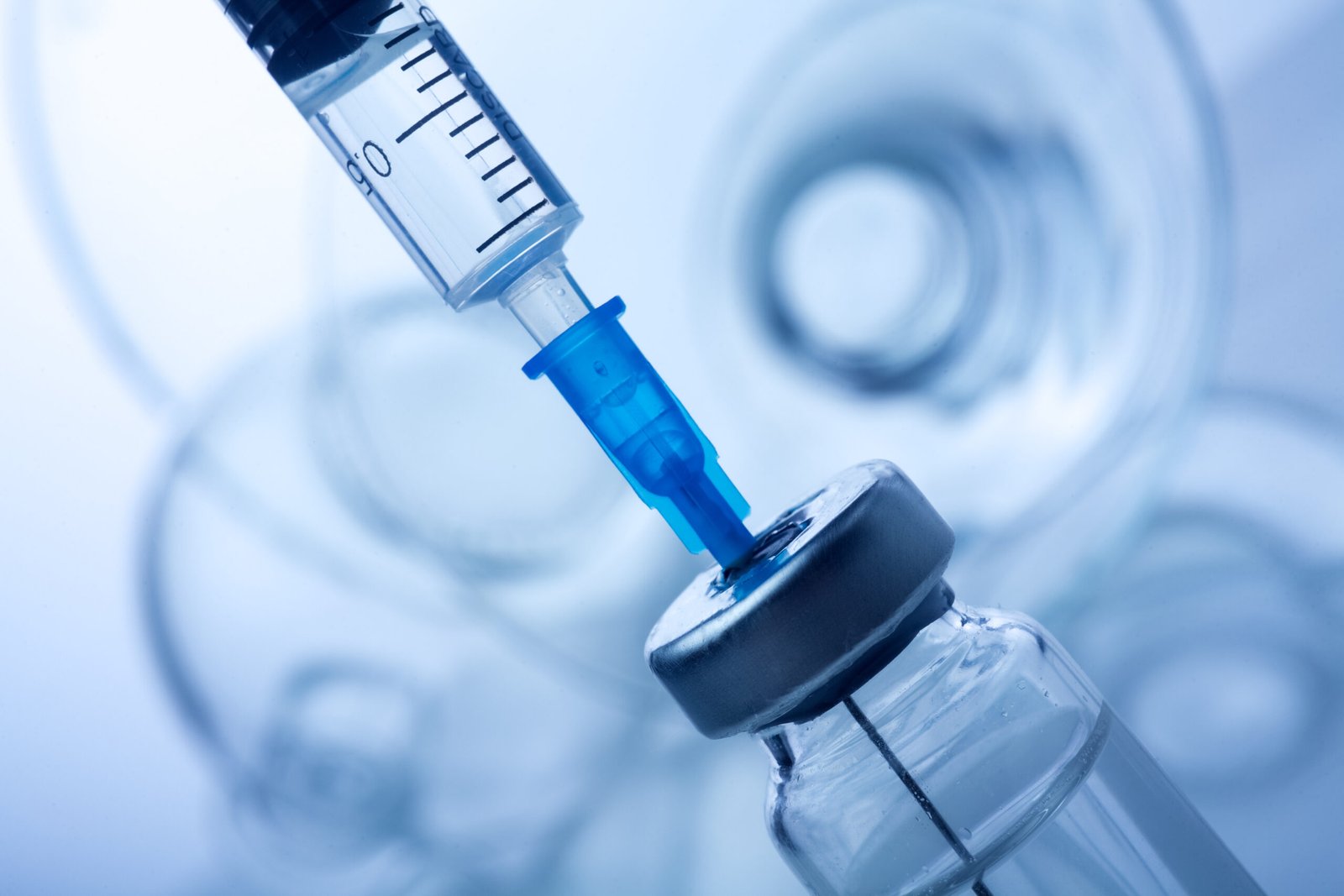A potential source of dehydrated alcohol had filed for review to the Food and Drug Administration (FDA) in October last year. If approved, it would augment the limited supply of dehydrated alcohol in the U.S., a problem that’s years in the making. The FDA is expected to make its decision known on or before May 27, 2021.
But will two FDA-approved sources be enough?
Originally used for treating Morton’s neuroma and corneal erosion, dehydrated alcohol has found itself as an ingredient for alcohol-based hand sanitizers. Since the pandemic’s arrival on U.S. soil, these hygiene products have been in high demand. This scenario complicates the drug shortage, as there’s only one FDA-approved source struggling to keep the U.S. healthcare system supplied.
Dehydrated alcohol might not be as staple as other drugs like saline bags, but it’s an essential drug, nonetheless. Without an adequate supply, more people would be suffering from foot pain or slowly lose their vision. Will this be the new reality among overburdened hospitals and medical facilities?
The Issue At A Glance
The dilemma surrounding dehydrated alcohol is a culmination of stringent but lacking policy and quality concerns in manufacturing. Ablysinol® was the first dehydrated alcohol product to receive FDA approval in 2018 as a treatment for a rare cardiac disease. Other drug companies followed suit.
However, in March 2020, the FDA issued a notice to drug companies other than the one producing Ablysinol® to stop making and distributing their dehydrated alcohol products. It was argued that these manufacturers hadn’t filed a new drug application, let alone approved by the agency.
And as this informative post explains, there were issues with the manufacturing process. The FDA demands that drug companies show best practices in production before being given the green light. Consequently, several manufacturers have since chosen to discontinue producing dehydrated alcohol, leaving Ablysinol® as the sole source.
The lack of competitors gave the sole manufacturer a free hand in defining the market price. After raising the price of ten 5-ml vials of Ablysinol® close to USD$10,000, it received flak from other manufacturers in the industry. By comparison, two unapproved dehydrated alcohol drugs sold for a tenth of that. The manufacturer argued that it had invested a great deal in meeting FDA requirements.
Crippling Treatments
The exorbitant cost of dehydrated alcohol in ethanol lock therapy was a point of discussion among the attendees of the recent virtual ASPEN 2021 Nutrition Science and Practice Conference. According to Ruba Abdelhadi, a professor of pediatrics at the University of Missouri-Kansas City School of Medicine, the situation has increased the risk of patients developing catheter-related infections.
Dehydrated alcohol, which comprises 98% ethanol, is a key ingredient for ethanol lock therapy. It involves running the drug along the catheter when not administering other medications to sterilize the lining. The shortage has forced healthcare professionals to reduce the amount of ethanol used or the frequency of the procedure.
Methanol poisoning also increases the need for dehydrated alcohol as a treatment. In the first months of the pandemic, misinformation and false rumors about preventive measures ran rampant. In Iran, many people believed that consuming large amounts of alcohol would protect them from COVID.
Not only this turned out to be untrue, but the country also saw a surge in methanol poisoning cases. Most of the alcohol consumed, as it turned out, came from illicit sources that contain methanol.
The FDA, in July 2020, raised the alarm on dozens of hand sanitizer brands in the market known to contain methanol. While less likely to induce harm when absorbed than ingested, most of the cases involved children ages five and below. It won’t be difficult for unaware minds to see sanitizers as something that goes into their mouths instead of their hands.
Outage Imminent
The addition of several more FDA-approved sources is unlikely to stabilize the precarious supply of dehydrated alcohol in the country. Aside from the ongoing pandemic and its effects, there’s also the ethanol shortage, itself a tangled mess of disputes. There’s little point in increasing the number of producers if there are too few raw materials to go around.
And with doctors forced to save their limited supply for the more severe cases, the outlook doesn’t seem optimistic. It’s no longer a matter of what if the U.S. will run out of dehydrated alcohol, but when. There’s a way out of this predicament, but it’ll entail a lot of work. The FDA must work on revising its statutes to allow better diversity of sources. And as the pandemic has been a drain on significant medical resources, quick mitigation is advisable.
